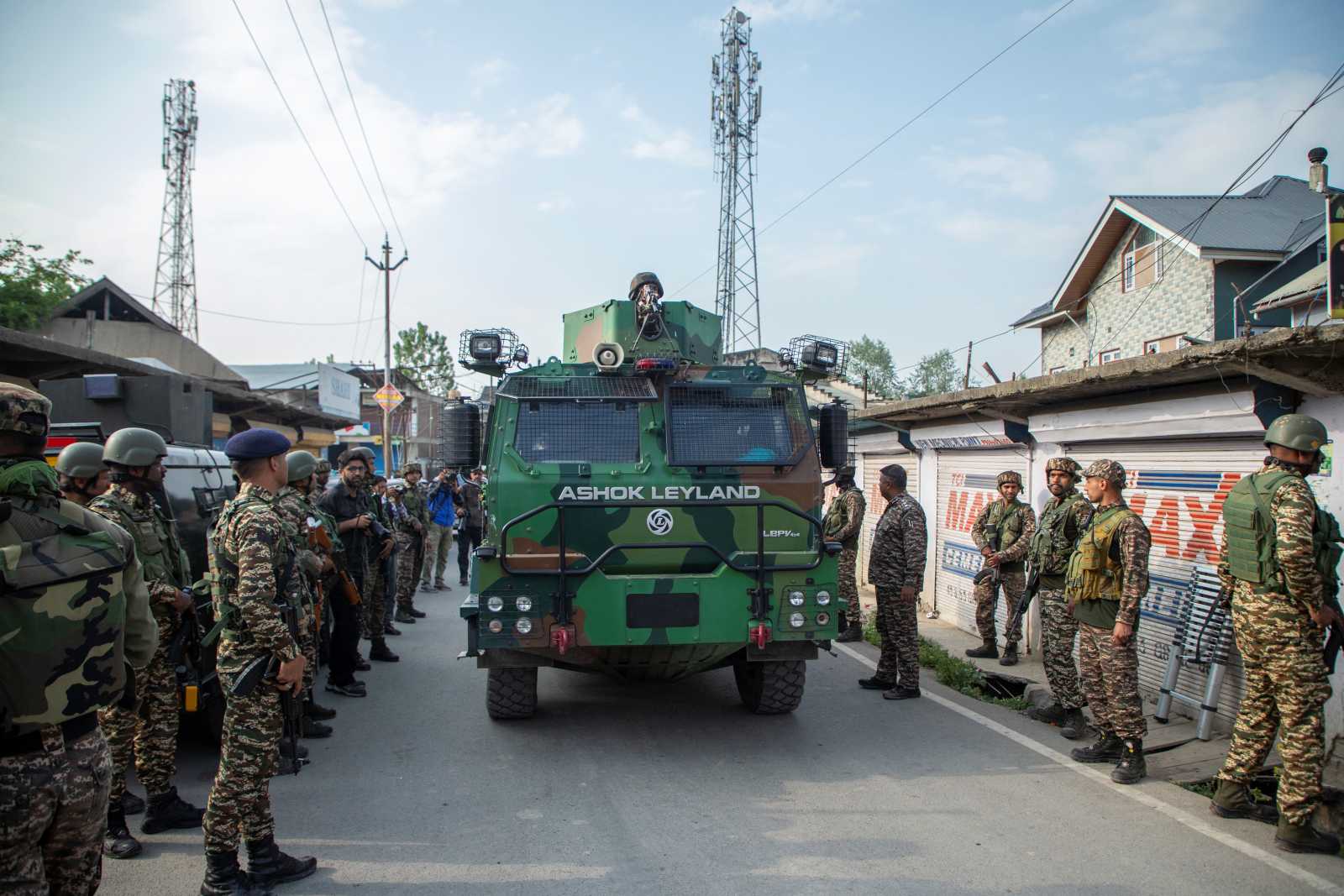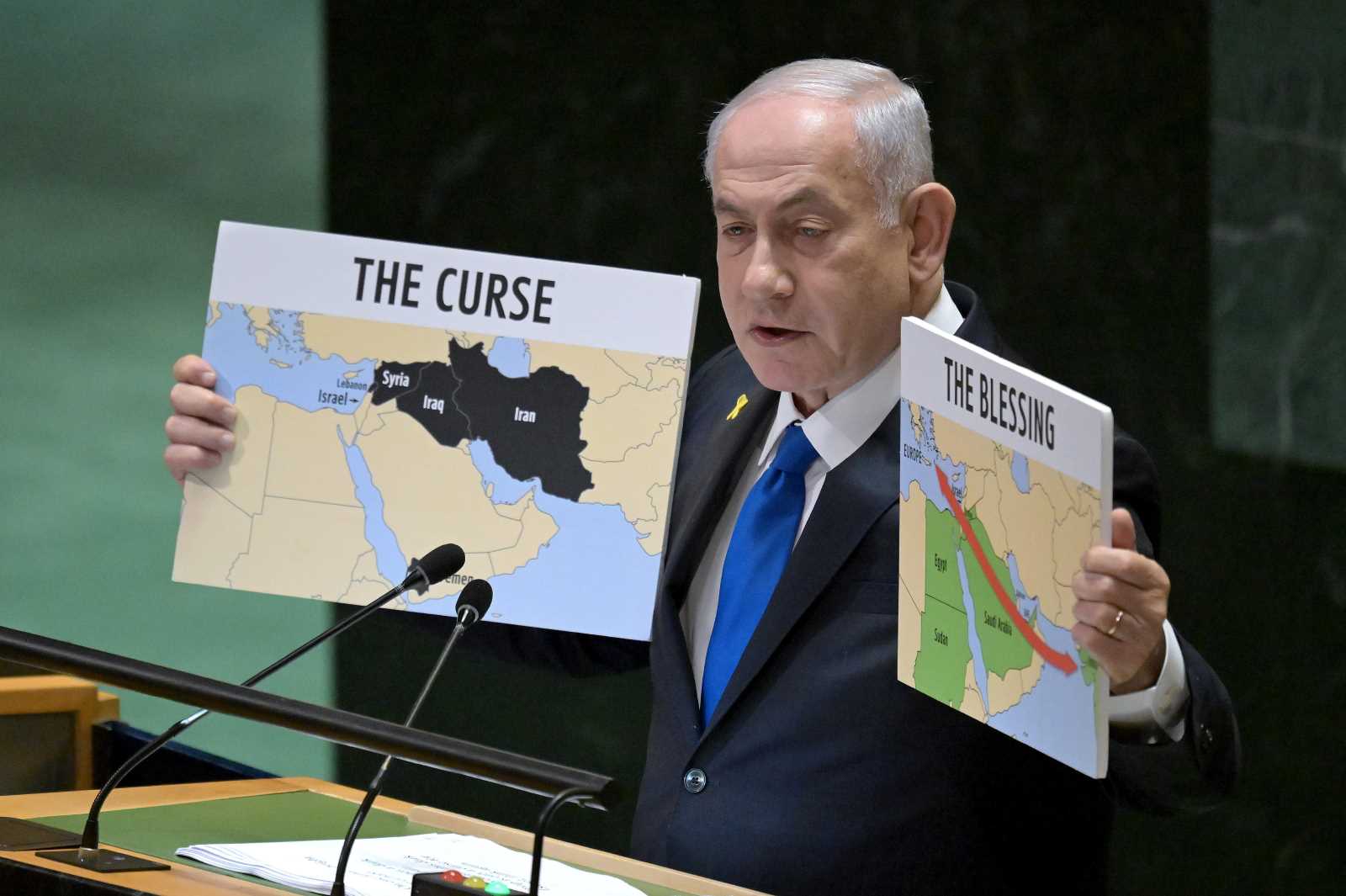Disarmament
The vision thing
When US President Obama visited Prague in spring, he called for a world without nuclear weapons. Since April negotiations on the matter are being held between a Russian and an American delegation. First results are to be presented in early July, during Obama’s inaugural visit to Moscow. Russian and the United States together account for nearly 90 % of nuclear arms in the world.
The chief negotiators are Rose Gottemoeller, Washington’s assistant secretary of state, and Anatoli Antonow of Russia’s foreign ministry department for security and disarmament. The goal is a new contract on the basis of the START agreement. The acronym stands for “Strategic Arms Reduction Talks” and dates back to the Reagan/Gorbachev era. The agreement will expire in December. It defined the amount of strategic nuclear weapons both countries are allowed to possess. Researchers at the German Institute for International and Security Affairs (SWP) deem it unlikely that the USA and Russia will sign a new agreement before the expiration date. They say it would be advisable to extend the existing contract in the first instance in order to gain more time for negotiations.
A controversial issue is whether the US missile defence system is to be included in the agreement. Russia wants to do so, but the US does not, pointing to Iranian arms programmes. On the other hand, it may well turn out that the system is inappropriate against threats from Iran. That is what Russian and American scientists conclude in a recent study of the East-West Institute.
In their scenario, Iran could produce a simple nuclear device within one to three years and develop a nuclear warhead for ballistic missiles in six to eight years. The scholars argue that Iran will not be able, for at least ten years, to independently master the technologies necessary for advanced intermediate-range ballistic missiles or intercontinental ballistic missiles. If Iran one day posed a military threat, Iranian missile attacks could only be efficiently repelled by US cooperation with Russia, the scientists say. Meanwhile, North-Korean dictator Kim Jong-il provoked international protests by testing a nuclear bomb and several short-range missiles. The UN Security Council harshly condemned North Korea’s action. It was the second nuclear test since 2006. (cir)










